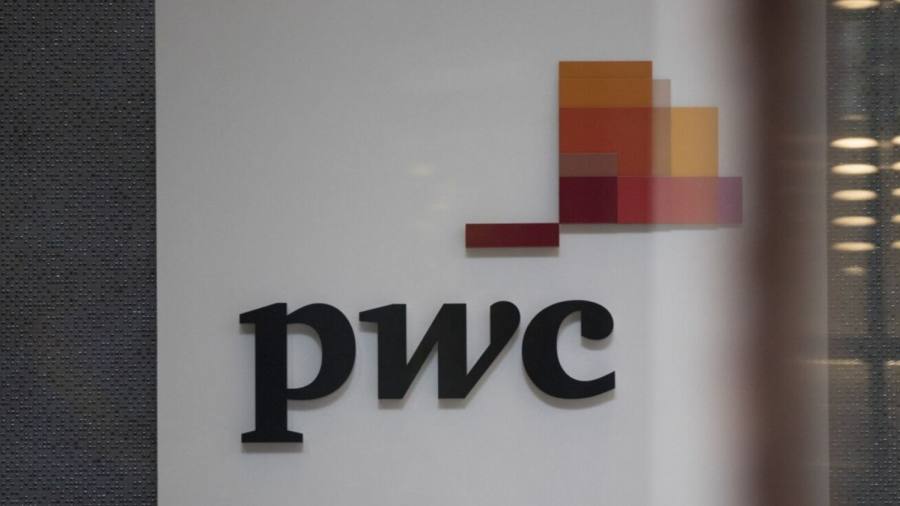PwC suspended nine partners and pledged to publish the findings of an internal review later this year as it works to contain a tax leak scandal engulfing its Australian operations.
The company has been under intense public scrutiny after the release of emails showing it had used confidential information about changes to tax laws from the government to win new business.
The move to suspend nine partners — including members of its executive and governance board — is the latest escalation of a scandal that erupted in February. PwC said it would ringfence the work it does with the federal government in Australia to minimise conflicts of interest.
The PwC staff have been told to “go on leave effective immediately . . . pending the outcome of our investigation”, according to the company.
PwC’s former head of international tax Peter Collins was this year banned by Australia’s tax watchdog for sharing confidential information with his colleagues about government plans to change tax avoidance laws. The emails showed how PwC had used confidential information to win new business.
The release of redacted emails between Collins and other PwC partners, both in Australia and internationally, has created a global crisis for the firm. Tom Seymour, the head of PwC Australia, resigned this month, while the Australian Treasury has referred the situation to the federal police to consider a criminal investigation.
Kristin Stubbins, acting chief executive of PwC Australia, published an open letter on Monday to apologise. “I want to apologise on behalf of PwC Australia. For sharing confidential government tax policy information and for betraying the trust placed in us,” said Stubbins. “No amount of words can make it right.”
Stubbins said the leak had highlighted a “failure of leadership and governance” and what she called a “culture of aggressive marketing in our tax business” in Australia.
Tracey Kennair, chair of PwC Australia’s governance board, and Paddy Carney, chair of its risk committee, have stood down from their roles.
Stubbins said the firm would publish the findings of an internal review conducted by former telecoms executive Ziggy Switkowski at the end of September.
PwC has not released the names of partners that were included in the emails or the clients that potentially benefited from the advice it tailored based on the confidential information. A senator attempted to force out the names in a hearing last week but was unsuccessful.
Deborah O’Neill, a senator for the ruling Labor party that triggered the release of the redacted emails, said that the scandal had raised questions about the entire consulting industry. “The contagion is real,” said O’Neill. “Those people that have put money above integrity have had a field day.”
Prime Minister Anthony Albanese told the 2SM radio station on Monday that the scandal was a “terrible indictment” on the sector and that any government would need to consider the “ethical considerations that come from this PwC behaviour”.
Stubbins described the scandal as “personally and professionally devastating”. However, she tried to provide some distance for its customers.
“Our clients were not involved in any wrongdoing and no confidential information was used to enable clients to pay less tax,” she said.
Collins has not responded to requests for comment since the scandal emerged.
Read the full article here




